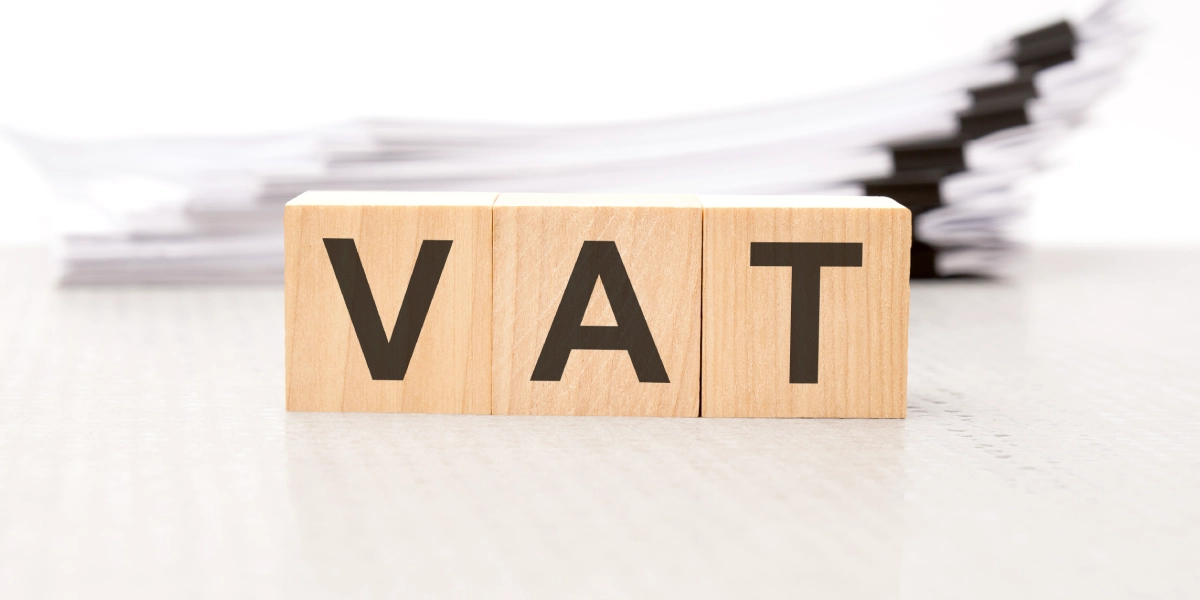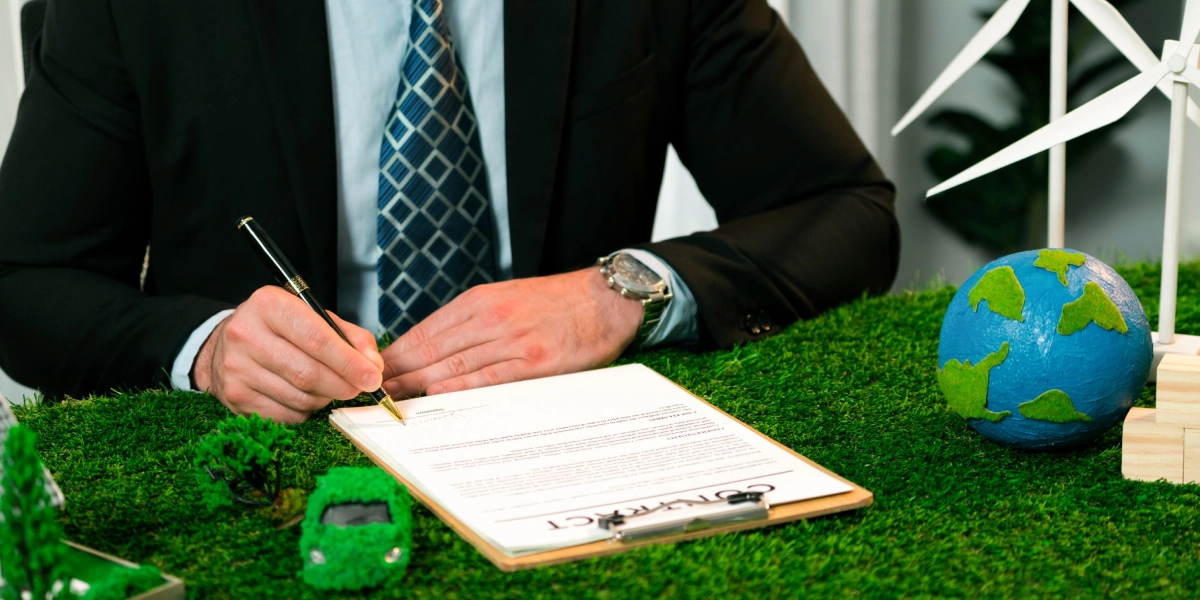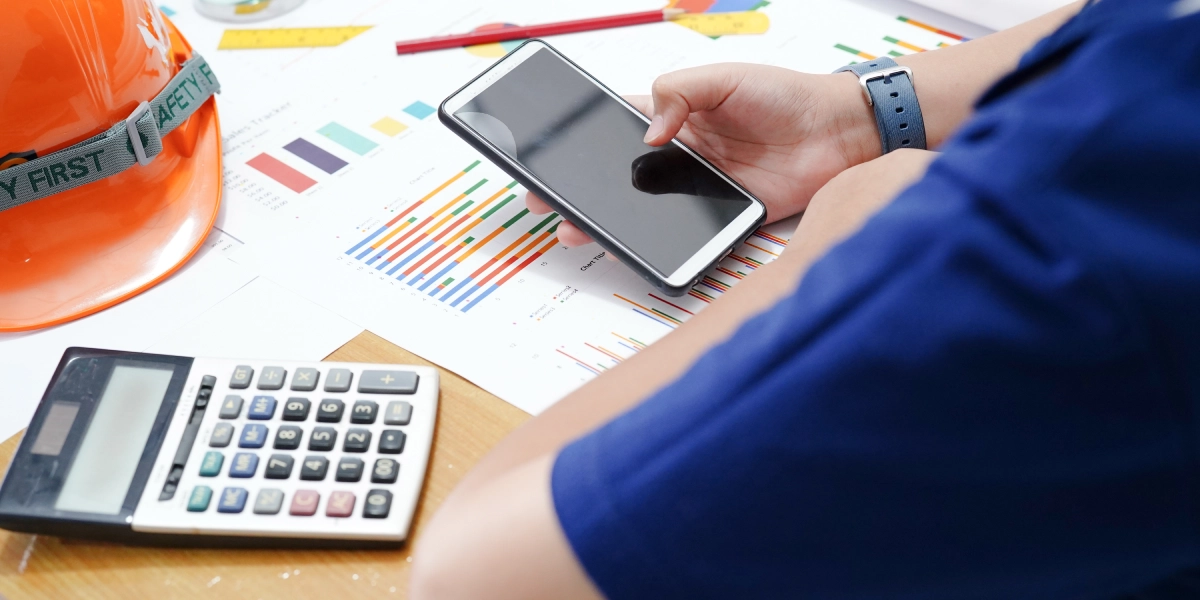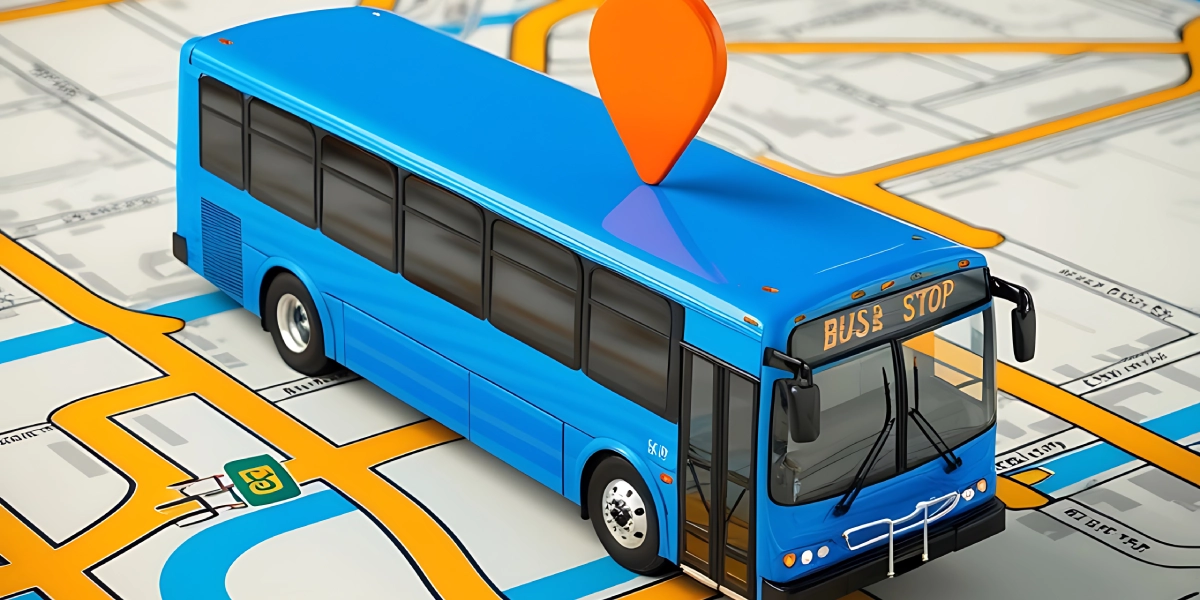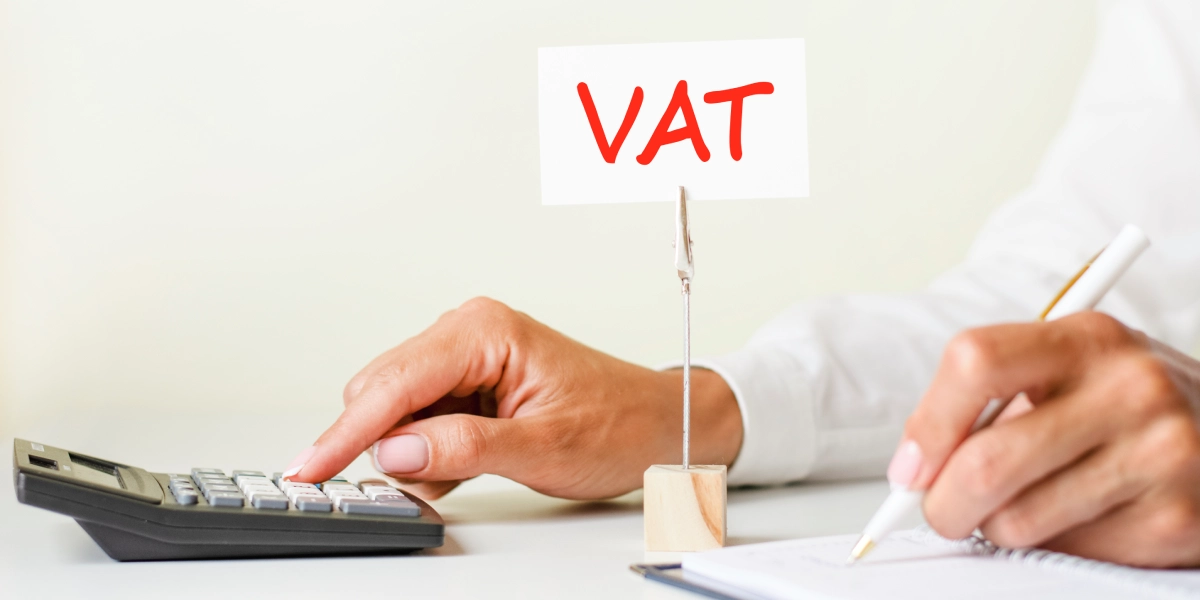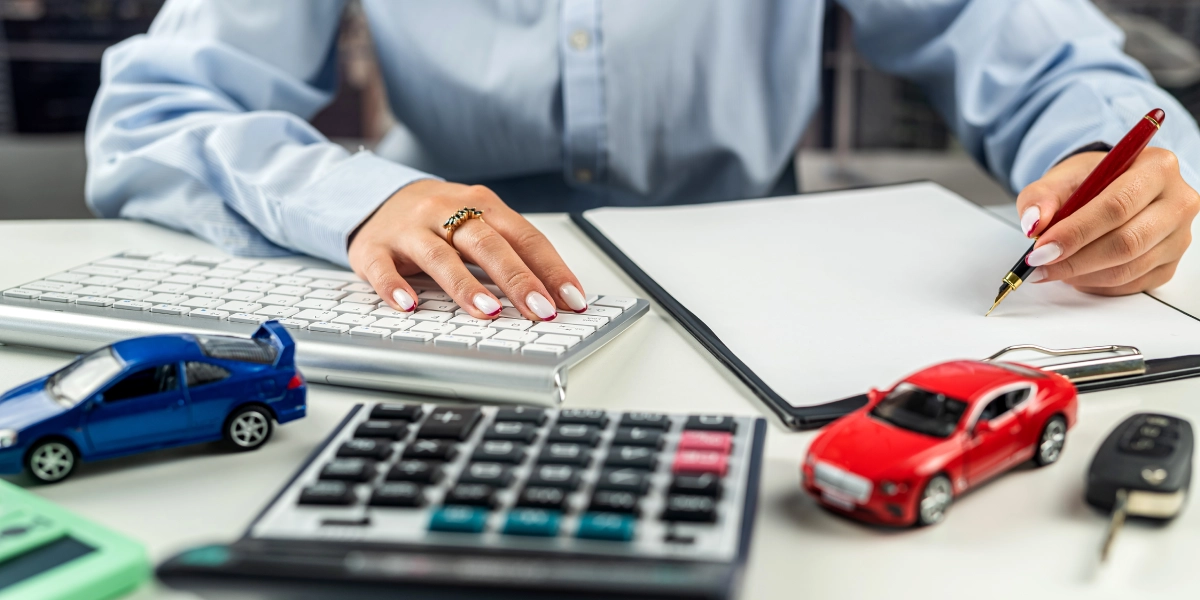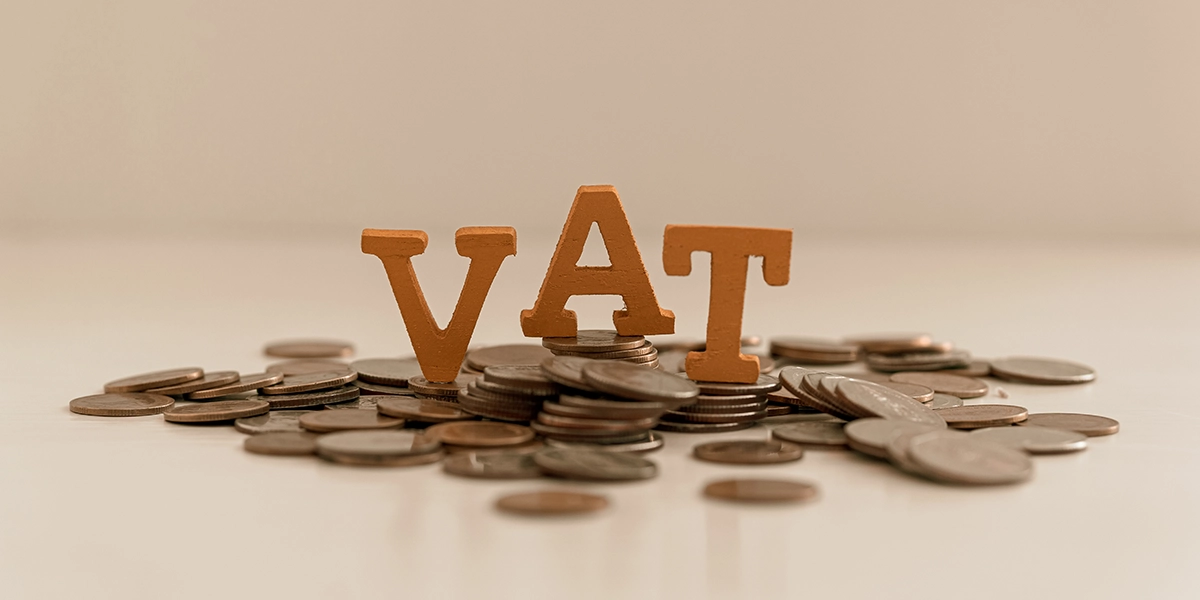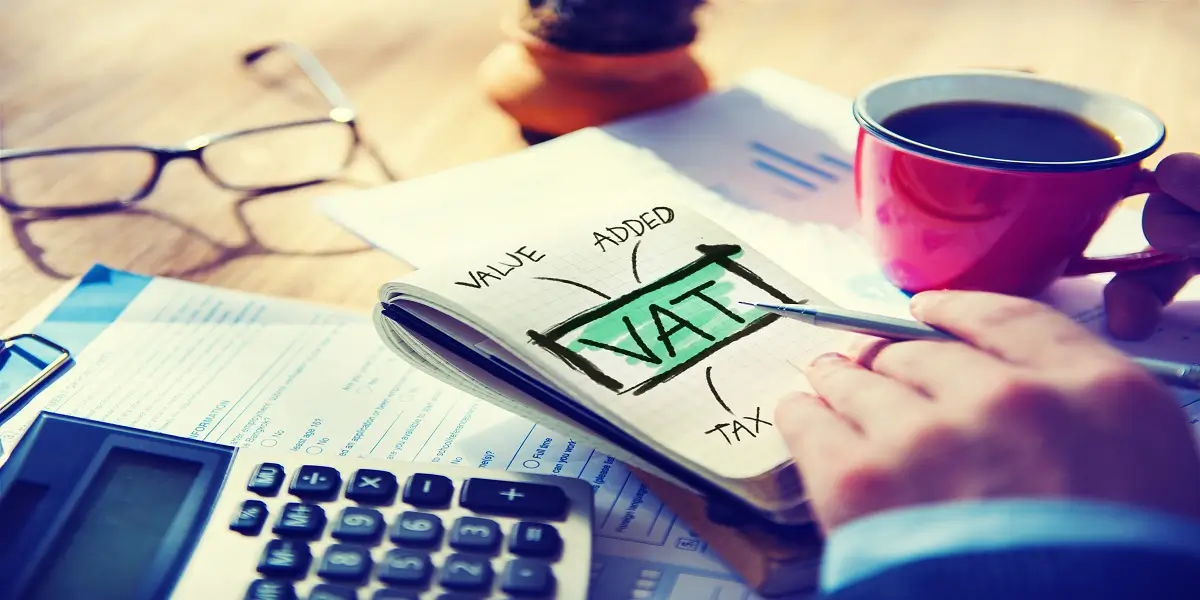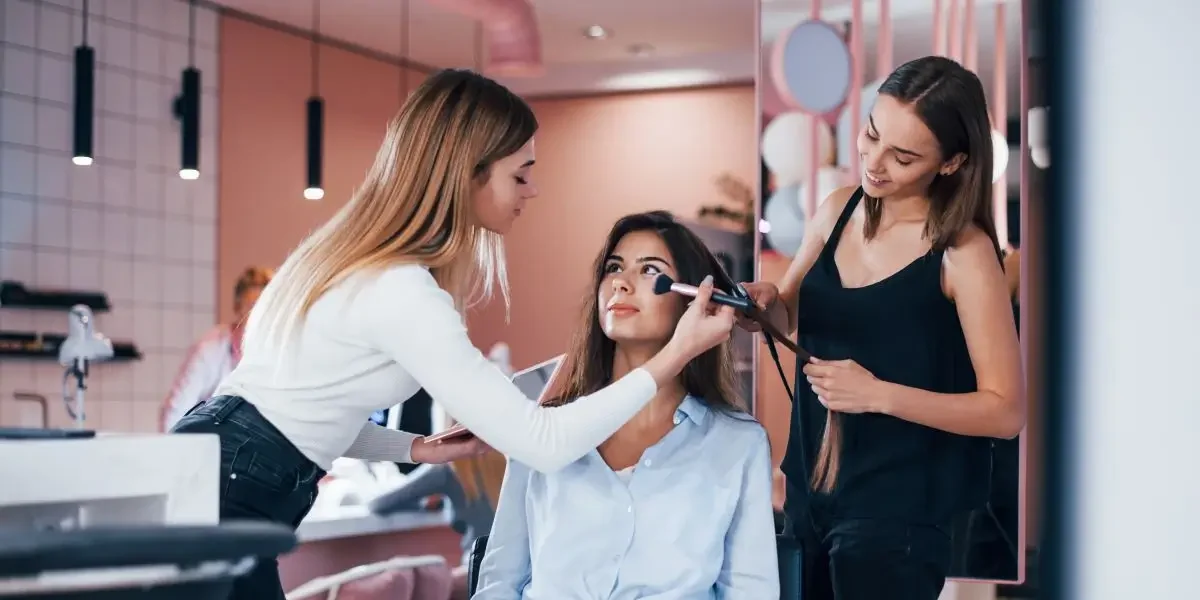Managing VAT processes efficiently is a critical aspect of running a video production business in the UK. With fluctuating production costs, multiple revenue streams, and evolving tax regulations, maintaining VAT compliance can become overwhelming. At Apex Accountants, we specialise in providing tailored accounting and VAT solutions for creative professionals to ensure your business stays on top of its financial obligations. We simplify VAT for video content creation businesses, guiding you smoothly through everything from registration to reporting.
In this article, we will guide you through the essential steps for setting up effective VAT processes within your business. Whether you’re just starting out or looking to streamline your current VAT practices, we’ll help you understand the key requirements, identify VAT-exempt services, choose the right VAT schemes, and stay up to date with changes in legislation.
Setting Up Effective VAT Processes for Video Content Creation Businesses
Following are the critical steps to implement a streamlined VAT process:
Understand VAT Registration Requirements
For businesses that create video content, VAT registration is required if your taxable turnover exceeds £90,000. If your turnover is below this threshold but you work with VAT-registered clients, voluntary VAT registration could still benefit you. Registering early allows you to reclaim VAT on business-related expenses, such as equipment and production costs.
Accurately Track Your Income and Expenditures
A crucial part of setting up VAT processes is ensuring that you track both your income and expenditures accurately. Video content creators often have diverse income sources, such as sponsored content, advertising revenue, and licensing deals. Each of these revenue streams may have different VAT implications, especially if the services are provided internationally. Proper bookkeeping ensures that VAT is correctly calculated and charged.
It’s essential to maintain clear records of all invoices, including the VAT charged on each. Use accounting software like Xero or QuickBooks to track these transactions efficiently and ensure your VAT returns are accurate. These platforms also allow you to integrate with HMRC’s Making Tax Digital (MTD) system for seamless VAT submission.
Identifying VAT Applicability Services and VAT Exemption for Media Services
Not all services in the video creation industry are subject to VAT. Some services, such as certain types of media training or education, may qualify for VAT exemption. Identifying these services will help avoid overcharging your clients or underpaying VAT to HMRC.
Additionally, it’s essential to understand the international VAT rules. For instance, sales to non-UK clients might be exempt or subject to different VAT rates, depending on whether the client is within the EU or outside of it. Accurate invoicing will ensure that you remain compliant with these rules. VAT exemption for media services can significantly benefit businesses offering specific educational or creative services, reducing the VAT burden on both the business and its clients.
Utilise VAT Schemes to Simplify Compliance
Depending on your business size, you may qualify for VAT schemes like the Flat Rate Scheme or Annual Accounting Scheme. The Flat Rate Scheme simplifies VAT by paying a fixed percentage of turnover instead of calculating VAT on each transaction. However, this scheme may not suit businesses with high VAT expenses, as you cannot reclaim VAT on purchases.
The Annual Accounting Scheme is another option, allowing you to make one payment a year rather than quarterly VAT returns. This could help with cash flow management, but it requires accurate forecasting of your VAT liabilities.
Stay Up to Date with Changes in VAT Legislation
VAT legislation is subject to change, and it’s important to stay informed about any updates, particularly in relation to digital services and international sales. At Apex Accountants, our tax advisors for video content creators monitor changes closely and can help your business adjust its VAT processes in response to new tax rules.
Optimising VAT for Video Content Creation Businesses with Apex Accountants
Setting up effective VAT processes for businesses that create video content is crucial for maintaining compliance and optimising cash flow. By registering for VAT, accurately tracking finances, understanding VAT-exempt services, and using the right VAT schemes, you can reduce administrative burdens and focus on growing your business. At Apex Accountants, our tax advisors for video content creators provide tailored advice to keep your business compliant and financially efficient. Contact us today for expert VAT support.

